Where is the book in which the teacher can read about what teaching is? The children themselves are this book. We should not learn to teach out of any book other than the one lying open before us and consisting of the children themselves.
Whoever seeks higher knowledge must create it for himself. He must instill it into his soul. It cannot be done by study; it can only be done through life. Whoever, therefore, wishes to become a student of higher knowledge must assiduously cultivate this inner life of devotion. Everywhere in his environment and his experiences he must seek motives of admiration and homage. If I meet a man and blame him for his shortcomings, I rob myself of power to attain higher knowledge; but if I try to enter lovingly into his merits, I gather such power. The student must continually be intent upon following this advice. The spiritually experienced know how much they owe to the circumstance that in face of all things they ever again turn to the good, and withhold adverse judgement. But this must not remain an external rule of life; rather it must take possession of our innermost soul.
All knowledge pursued merely for the enrichment of personal learning and the accumulation of personal treasure leads you away from the path; but all knowledge pursued for growth to ripeness within the process of human ennoblement and cosmic development brings you a step forward.
The tranquility of the moments set apart will also affect everyday existence. In his whole being he will grow calmer; he will attain firm assurance in all his actions, and cease to be put out of countenance by all manner of incidents. By thus advancing he will gradually become more and more his own guide, and allow himself less and less to be led by circumstances and external influences. He will soon discover how great a source of strength is available to him in these moments thus set apart. He will begin no longer to get angry at things which formerly annoyed him; countless things he formerly feared cease to alarm him. He acquires a new outlook on life.
When we have come so far on our soul's pilgrimage that we carry within ourselves as a memory all that we call "ourself," namely, our own being in physical life, and experience ourselves instead in another, newly-won superior ego, then we become capable of seeing our life stretching beyond the limits of earthly life. Before our spiritual sight appears the fact that we have shared in another life, in the spiritual world, prior to our present existence in the world of the senses; and in that spiritual life are to be found the real causes of the shaping of our physical existence. We become acquainted with the fact that before we received a physical body and entered upon this physical existence we lived a purely spiritual life. We see that that human being which we now are, with its faculties and inclinations, was prepared during a life that we spent in a purely spiritual world before birth. We look upon ourselves as upon beings who lived spiritually before their entrance into the world of the senses, and who are now striving to live as physical beings with those faculties and psychic characteristics which were originally attached to them and which have developed since their birth. It would be a mistake to say: "How is it possible that in spiritual life I should have aspired to possess faculties and inclinations, which now, when I have got them, do not please me at all?" It does not matter whether something pleases the soul in the world of senses or not. That is not the point. The soul has quite different points of view for its aspirations in the spiritual world from those which it adopts in the life of the senses. The character of knowledge and will is quite different in the two worlds. In the spiritual life we know that for the sake of our total evolution we need a certain kind of life in the physical world, which when we get there may seem unsympathetic or depressing to the soul; and yet we strive for it, because in the spiritual existence we do not prefer what is sympathetic and agreeable, but what is necessary to the right development of our individual being.
It cannot be repeated too often that this transformation does not alienate him from the world. He will in no way be estranged from his daily tasks and duties, for he comes to realize that the most insignificant action he has to accomplish, the most insignificant experience which offers itself to him, stands in connection with cosmic beings and cosmic events. When once this connection is revealed to him in his moments of contemplation, he comes to his daily activities with a new, fuller power. For now he knows that his labor and his suffering are given and endured for the sake of a great, spiritual, cosmic whole. Not weariness, but strength to live springs from meditation.
Above all, it is imperative to extirpate the idea that any fantastic, mysterious practices are required for the attainment of higher knowledge. It must be clearly realized that a start has to be made with the thoughts and feelings with which we continually live, and that these feelings and thoughts must merely be given a new direction. Everyone must say to himself: “In my own world of thought and feeling the deepest mysteries lie hidden, only hitherto I have been unable to perceive them.”
Rudolf Steiner
Rudolf Steiner


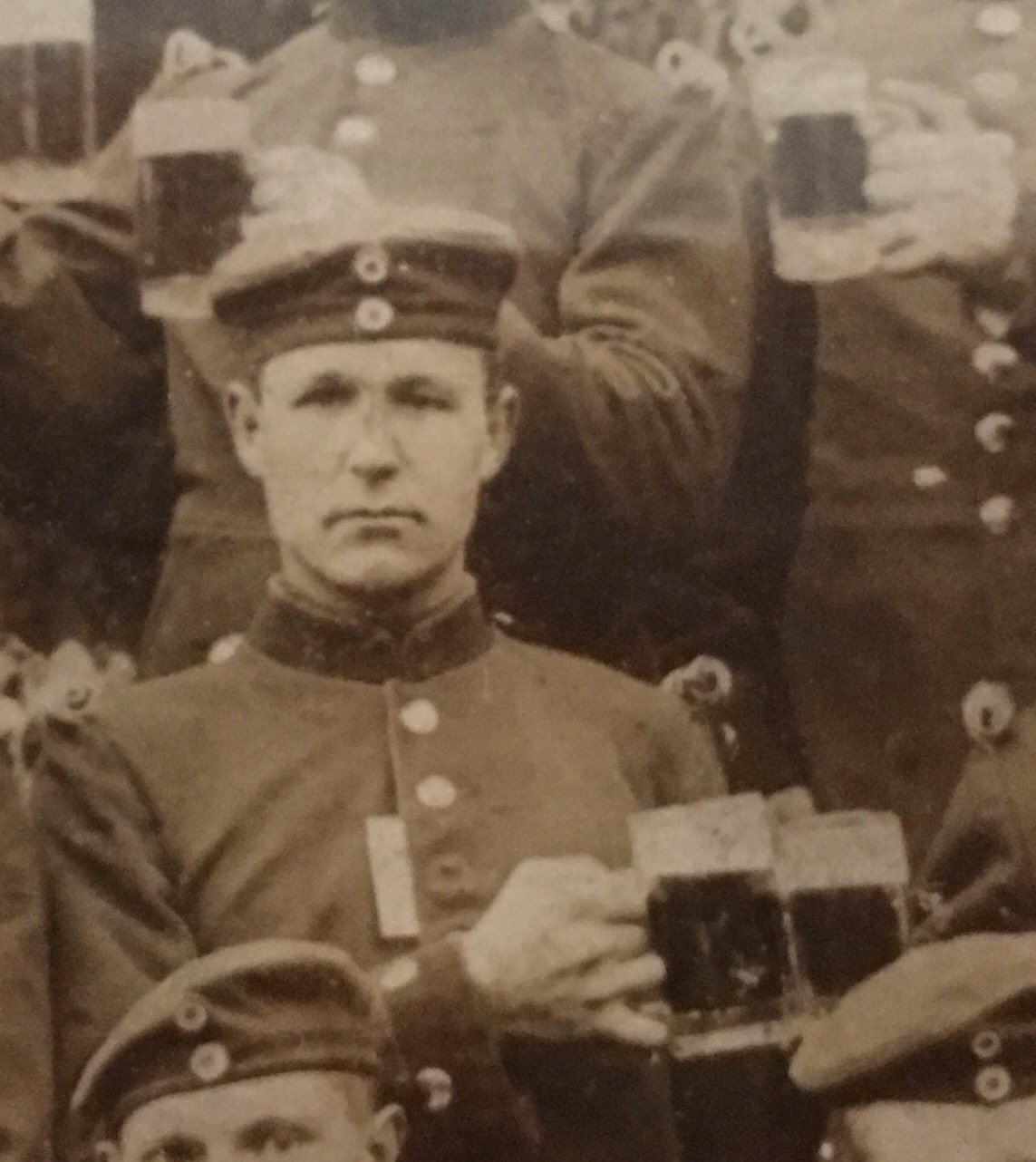








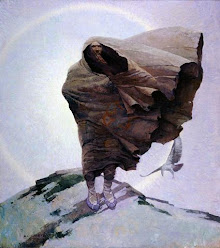














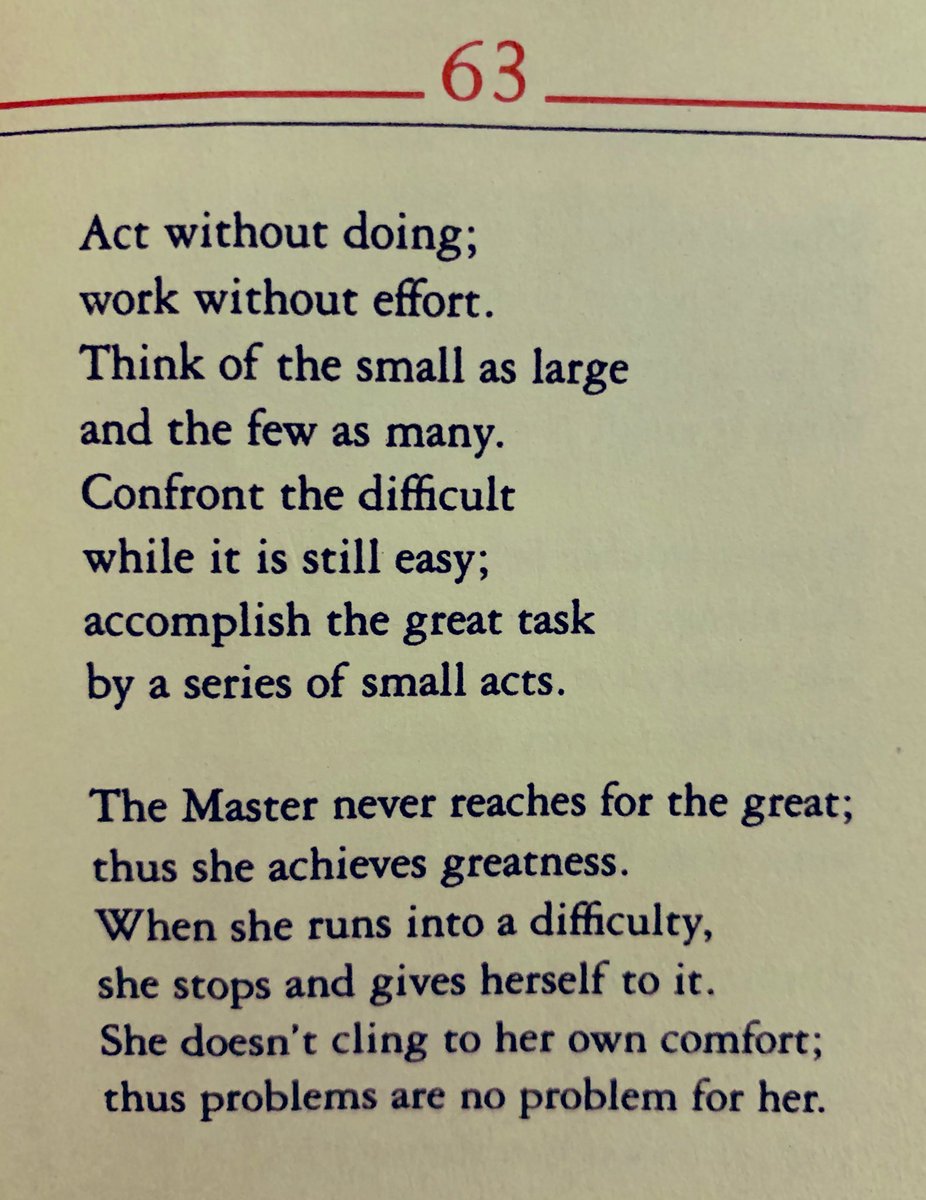









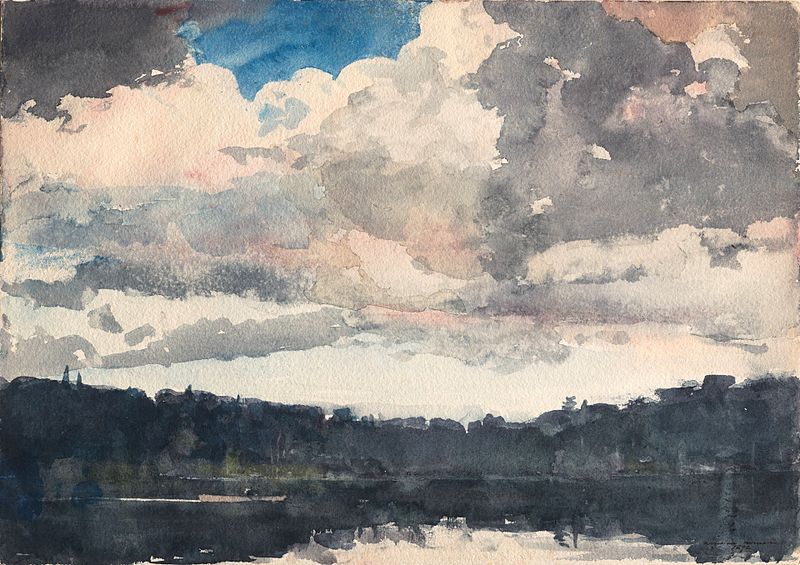





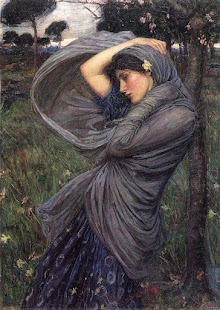












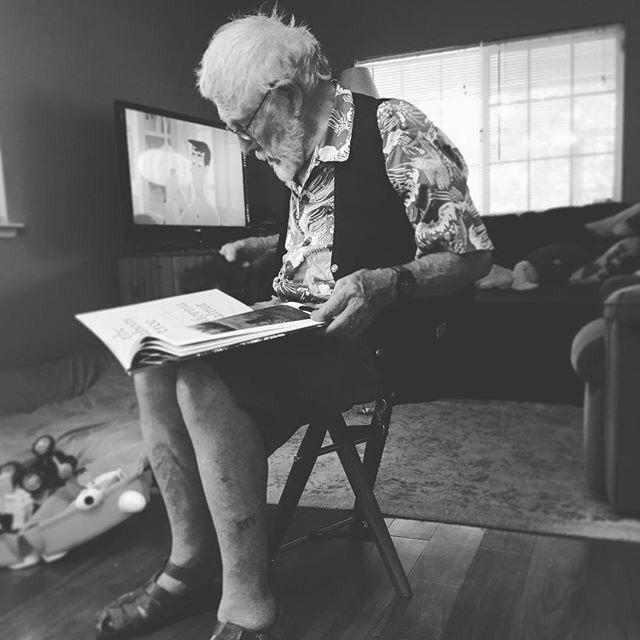




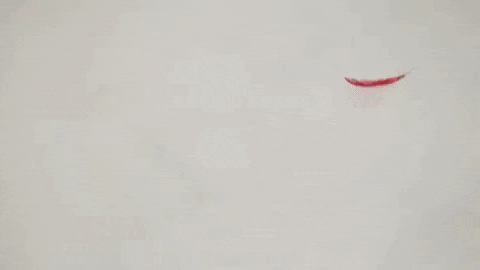



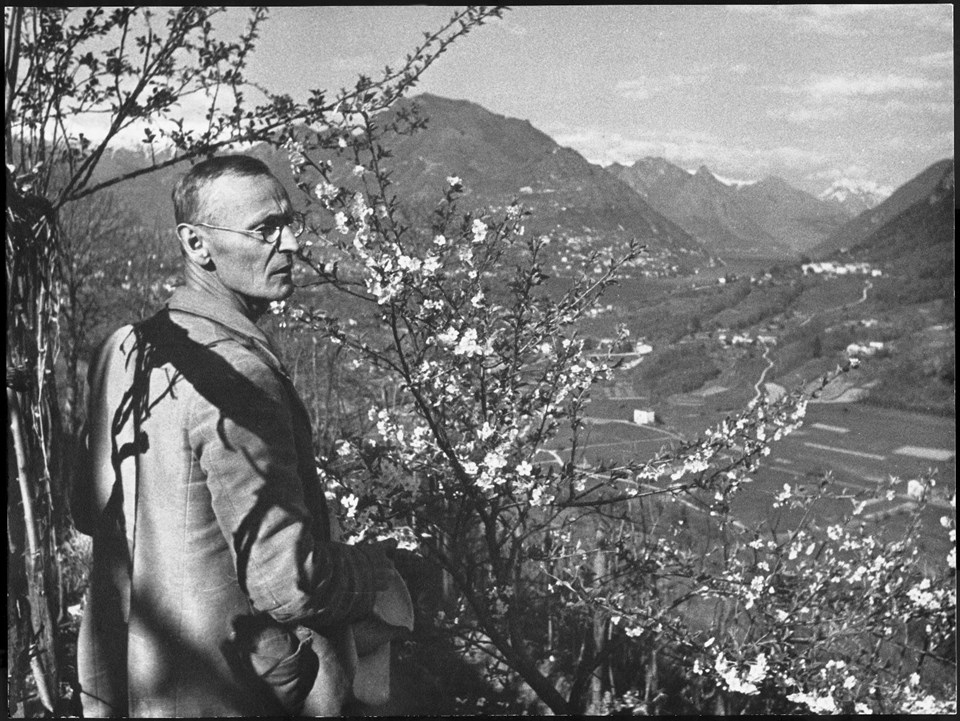


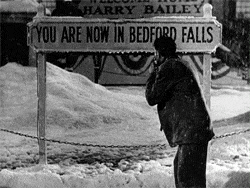







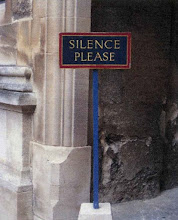









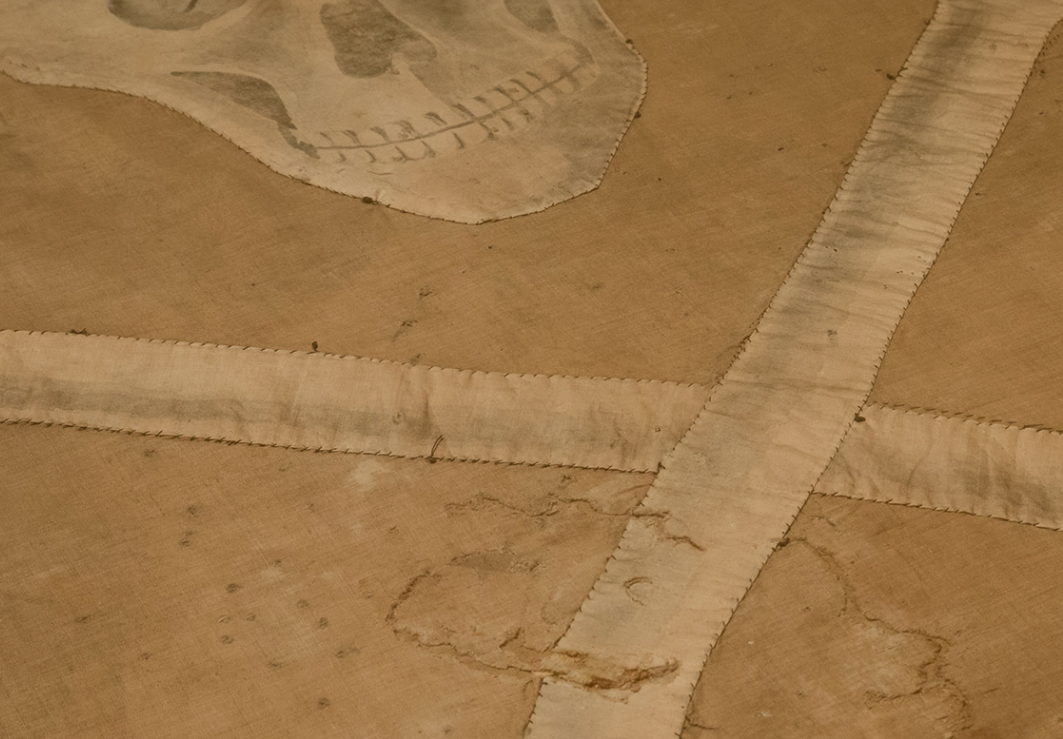

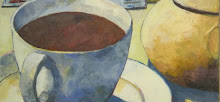
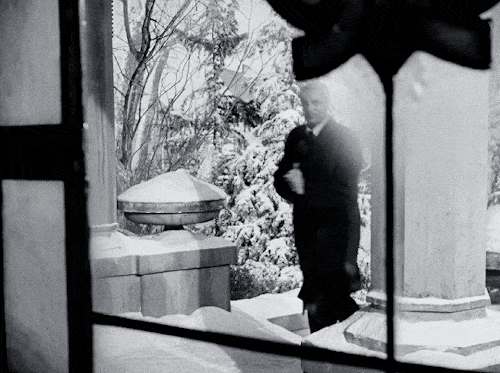


















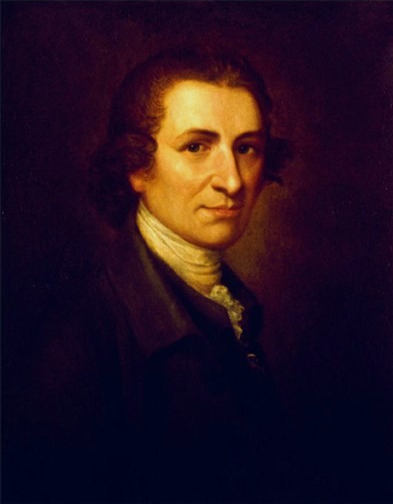










No comments:
Post a Comment